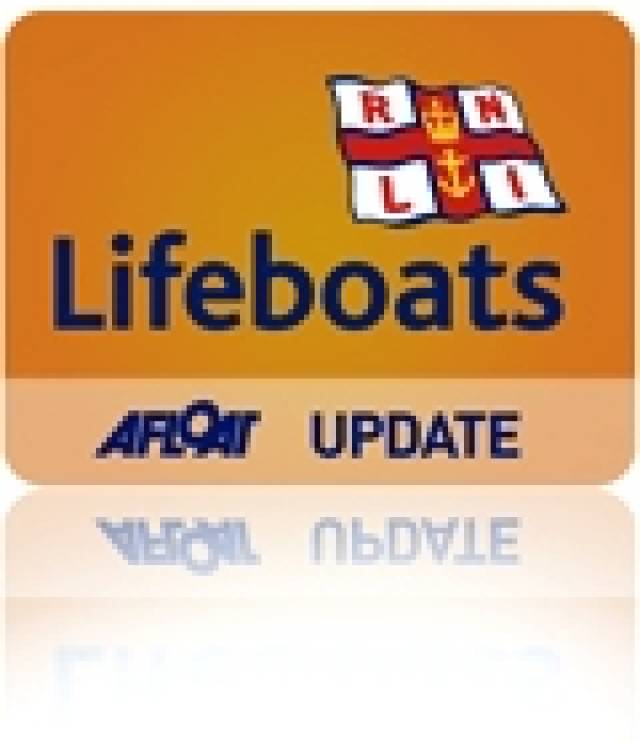# rnli – A new Velvet Strand Race is a charity sea race aimed at the novice and elite competitors with the intention of showcasing the coastal stretch between Malahide and Portmarnock. There will be three courses, Novice/Junior (5kms), Standard (12kms) and Elite (20kms). Rescue boats will provide safety cover and the RNLI will be in attendance also. The course will be held close to the shore to allow spectators to get a close view of the race as it runs between Malahide and Portmarnock beach.
'This is the race's inaugural year and we are looking forward to seeing SeaKayakers, Rowers and Standup Paddleboarders taking part. The course is designed to accommodate those new to these sports with a novice course and also a longer course for more experienced competitors', said William Irwin the event's organiser.
Entries cost €10 and are taken on the day in the public car park opposite Oscar Taylors Restaurant. Anyone wishing to take part should register before 4pm. The race starts at 5pm and finishes in Malahide, with the competitors following a route from Malahide Estuary to Velvet Strand Beach.
The race is being held to promote watersports and to highlight the work done by the RNLI and also in aid of The Mark Pollock Trust.
'The Mark Pollock Trust hopes to raise significant funds to assist with the capital and ongoing costs specifically associated with his spinal injury - including a team of rehabilitation specialists, physiotherapy equipment, visits to specialised spinal injury activity-based recovery centres and mobility solutions', according to Piers White, a spokesperson for The Mark Pollock Trust.
Rose Michael, Howth RNLI Fundraising Chairperson, explained how donations will be used, 'Funds raised will ensure that our lifeboat crews go to sea with the best equipment available to ensure their safety when saving lives at sea. Your donations will be put to the Lifejacket fund for new state-of-the-art lifejackets for our volunteer crew.'































































